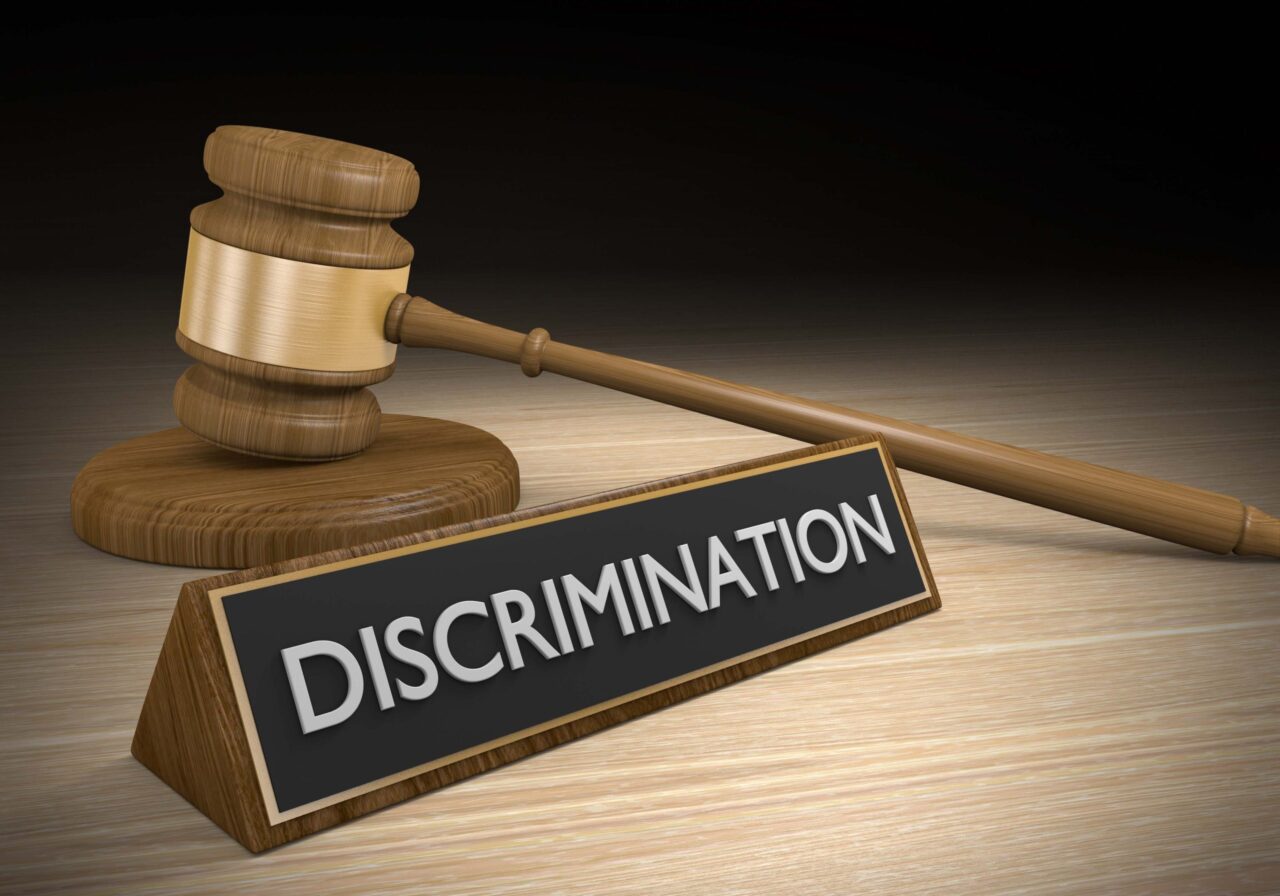DATED : 17.08.2023
CORAM :THE HONOURABLE MR.JUSTICE K.K.RAMAKRISHNAN
Crl.A.(MD).No.658 of 2023
Introduction:
The case of State of Tamil Nadu v. Dhandapani revolves around a criminal appeal filed under Section 14A(2) of the SC/ST (Prevention of Atrocities) Act, 1989. The appeal aims to challenge the order denying bail to the appellant, Dhandapani, who was accused of involvement in a clash between two communities during a temple festival. The incident led to injuries and damage to public property, prompting the police to register a case against Dhandapani and others. The appeal seeks to set aside the order denying bail and grant bail to Dhandapani, considering the circumstances.
Background:
On June 2, 2023, a temple festival was taking place at Sri Kalamega Perumal Kovil in Thirumohur, Madurai District. During a cultural event, a clash erupted between individuals from two different communities, resulting in the destruction of vehicles and injuries to several individuals. The clash led to the registration of a case (Crime No.195 of 2023) by the Othakadai Police Station against multiple individuals, including Dhandapani. The charges included offenses under various sections of the Indian Penal Code (IPC), Public Property (Prevention of Damage & Loss) Act, 1992, and SC/ST (Prevention of Atrocities) Amendment Act, 2015.
Trial Court’s Decision:
Dhandapani sought bail through a petition (Crl.M.P.No.2183 of 2023), which was dismissed by the III Additional District and Sessions Court (PCR Act), Madurai, on July 25, 2023. The trial court’s refusal to grant bail was based on the gravity of the charges, potential tampering with witnesses, and the possibility of renewed clashes between communities.
Arguments Presented:
The appellant’s counsel contended that some co-accused had been granted bail, and peace had been restored in the area. Dhandapani’s bail was sought considering the prevailing circumstances.
The Government Advocate (Criminal Side) acknowledged that some co-accused had been granted bail and that Dhandapani had no prior criminal record. However, concerns about witness tampering and potential community clashes were raised.
The counsel for the de facto complainant opposed bail, citing the risk of witness tampering and the potential for clashes, even though the appellant did not belong to either rival community.
Court’s Analysis and Decision:
The Court considered the appellant’s period of incarceration, the fact that peace had been restored in the locality, and that some co-accused had been granted bail. Additionally, it noted that Dhandapani had no previous criminal record. Balancing these factors, the Court found it appropriate to grant bail.
Bail Conditions:
The Court ordered Dhandapani’s release on bail upon executing a bond of Rs. 25,000 with two sureties of a similar amount. Specific bail conditions were set, including:
- The sureties should provide photographs and their thumb impressions in the bond and submit valid identity cards for verification.
- Dhandapani must reside in Dindigul and report to the Dindigul Town North Police Station daily at 10:30 am.
- He must not tamper with evidence or witnesses, cooperate with the investigation, and not engage in any actions that may violate the law.
Conclusion:
The case of State of Tamil Nadu v. Dhandapani illustrates the Court’s meticulous consideration of the circumstances while deciding on bail under the SC/ST (Prevention of Atrocities) Act. The Court’s decision took into account the prevailing situation of peace, the status of co-accused, and the appellant’s criminal record. Balancing the potential risks and ensuring justice, the Court granted bail with specific conditions to safeguard both the appellant’s rights and the interests of justice. This case analysis highlights the importance of a balanced approach in such cases, considering the potential impact on social harmony, witness tampering, and the principles of the legal system.
“PRIME LEGAL is a full-service law firm that has won a National Award and has more than 20 years of experience in an array of sectors and practice areas. Prime legal fall into a category of best law firm, best lawyer, best family lawyer, best divorce lawyer, best divorce law firm, best criminal lawyer, best criminal law firm, best consumer lawyer, best civil lawyer.”
Written by- Shreeya S Shekar


